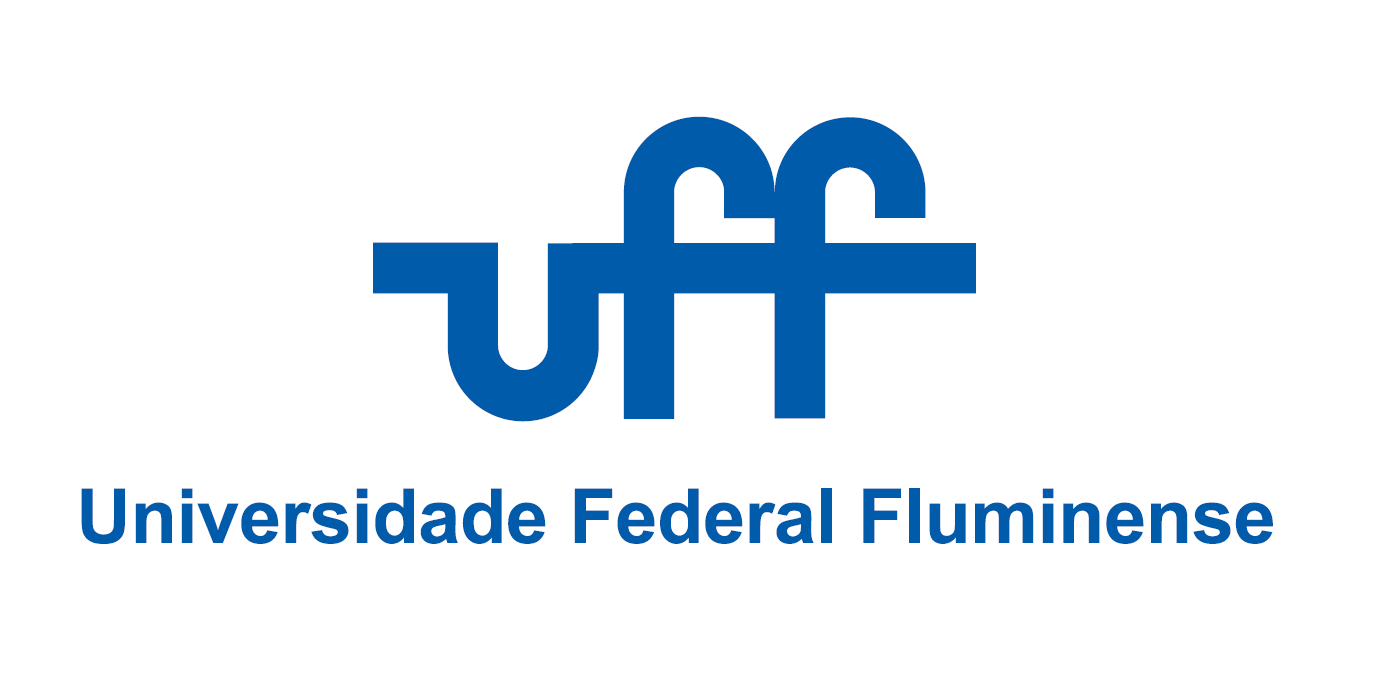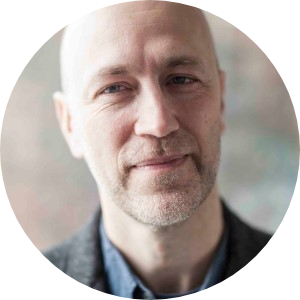Welcome of participants and presentation of speakers
Simon Flandin - Master of ceremonies
Enaction, Epistemology & Political Science
Jacques Theureau
Enaction and microphenomenology
Natalie Depraz
Is the ship the cause of the wake, or is the wake the cause of the ship? Towards a broad enactive approach to eLearning
Cael Cohen
Debate and closure
Break (1 hour)
Welcome of participants and presentation of speakers
Julia San Martin - Master of ceremonies
Towards a science of experience: Outlining some challenges and future directions
Camila Valenzuela-Moguillansky and Ema Demšar
Enaction in artistic training. Experience and creation
Sylvie Morais
Enactive creation and enactive pedagogy: experiments, assessment, perspective, foresight
Ivan Magrin-Chagnolleau
Debate and closure















